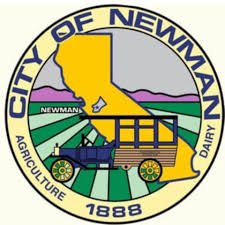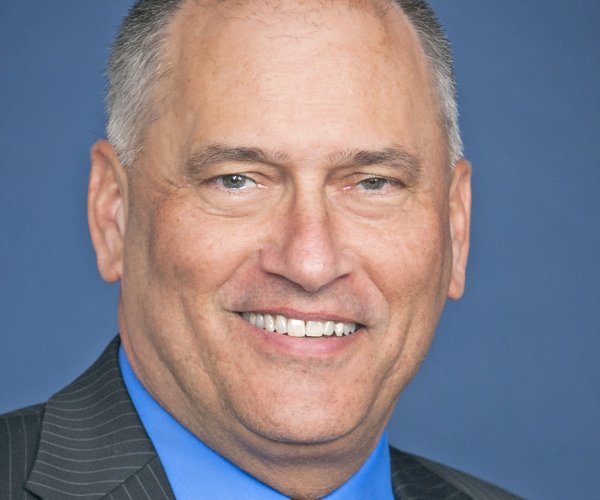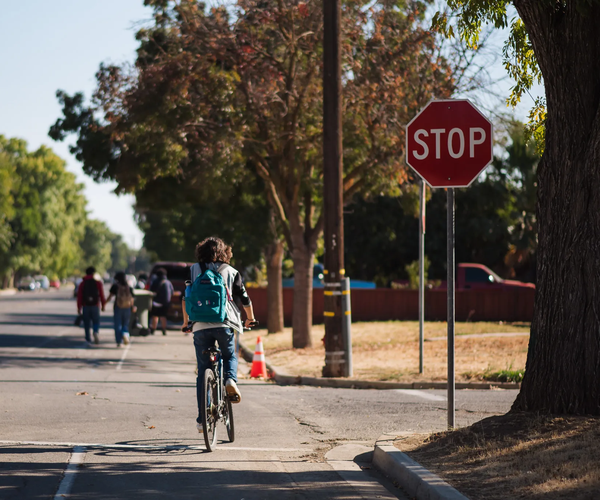NEWMAN, Calif. — The Newman City Council has approved a crucial study to ensure the city’s infrastructure and public services keep pace with future development. During Tuesday’s meeting, council members unanimously adopted the 2025 Citywide Capital Facilities Development Impact Fees Nexus Study Update.
This study lays the groundwork for updating fees that developers pay to help fund essential public services and facilities, like fire and police protection, transportation, water systems, and more. These fees are critical in ensuring that new development contributes its fair share toward the cost of expanding infrastructure, rather than shifting the financial burden onto existing residents and businesses.
“The Nexus Study ensures we’re collecting the right fees to maintain the quality of life in Newman as the city grows,” officials said. “It’s about fairness and planning for the future.”
Under California’s Mitigation Fee Act, cities must demonstrate a clear connection—known as a “nexus”—between the fees collected from new developments and the costs of the public facilities those developments require. The study accomplishes this by outlining the improvements needed to support new growth within Newman’s current boundaries and areas expected to be annexed in the future.
The updated fee program includes components for key areas such as fire services, police, general government, transportation, sewer, storm drainage, water, and administrative costs. However, park fees are not part of this update and will be reviewed separately once the city completes its Parks Master Plan.
City staff collaborated with stakeholders, including local builders and the Building Industry Association, to review the draft study and make necessary adjustments before presenting it to the council. With no further comments or objections, the council approved the resolution.
By adopting the updated fee program, Newman will ensure that future development helps fund the infrastructure and services necessary to support a growing community. The fees will be integrated into the city’s policies to maintain fairness, compliance with state law, and a balanced approach to development.




